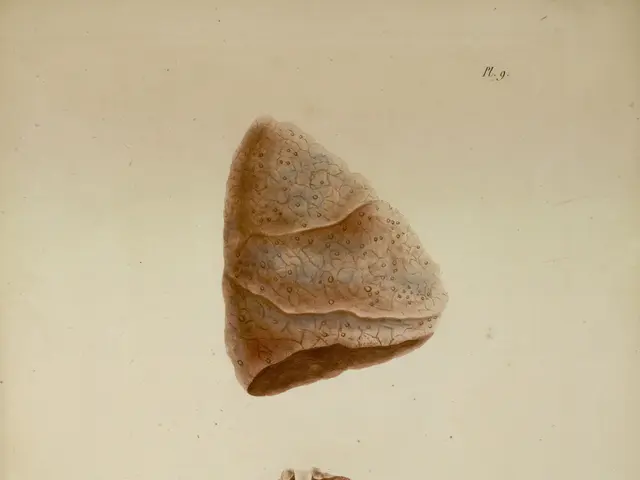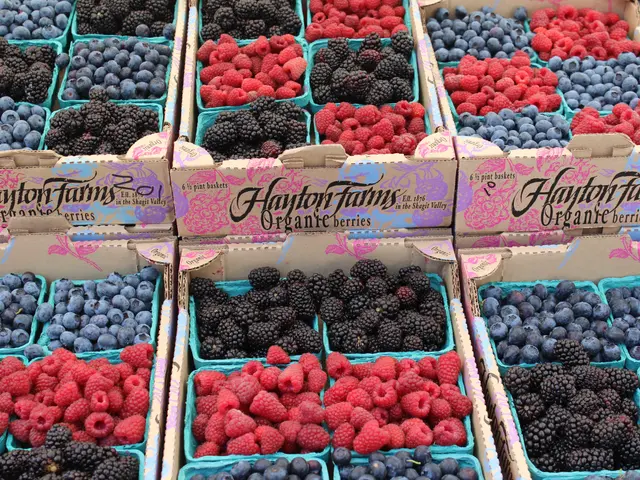Nutrient Promoting Swift Growth in Colon Cancer Tumors, Akin to 'Miracle Grow' Fertilizer
A recent study conducted at Baylor College of Medicine and Weill Cornell Medicine has found an association between the consumption of high-fructose corn syrup (HFCS) and the risk of colorectal cancer (CRC). The study, which used a mouse model of early-stage colon cancer, found that mice given water sweetened with HFCS developed tumours that were larger and more deadly than those in mice drinking regular water.
The researchers, led by Dr. Jihye Yun, assistant professor of molecular and human genetics at Baylor, suspected that the link between drinking sugary drinks and the risk of colorectal cancer might be more than just obesity. They created a mouse model of early-stage colon cancer by deleting the gene for a protein known as APC, which works like a gatekeeper in colorectal cancer, allowing normal intestinal cells to grow without stopping or dying, forming early-stage tumours called polyps.
The tumours in the study could absorb both fructose and glucose found in HFCS to feed themselves. The researchers found that consuming high-fructose corn syrup in liquid form could boost tumour growth and progression in early-stage intestinal tumours, independently of obesity. Furthermore, the tumours could chemically alter the fructose to produce fatty acids, promoting accelerated growth.
While the evidence linking HFCS consumption and colorectal cancer growth in humans is currently indirect, the study's findings add to the growing body of evidence suggesting a possible link. Epidemiological data shows that individuals, particularly women, who consumed higher amounts of sugar-sweetened beverages during adolescence have a higher risk of early-onset colorectal cancer. Western diet patterns, which include high intake of HFCS, processed sugars, and processed meats, are also associated with increased CRC risk and overall gastrointestinal cancers.
However, more targeted studies are needed to dissect HFCS-specific effects on CRC development and tumour growth. No direct proof in humans isolates HFCS as a sole causal factor, but it is considered a significant dietary risk element within the broader Western diet contributing to colorectal cancer.
Lewis Cantley, professor of cancer biology in medicine and director of the Sandra and Edward Meyer Cancer Center at Weill Cornell Medicine, confirmed that this study shows a direct molecular mechanism for the correlation between consumption of sugar and colorectal cancer.
In light of these findings, a mother's rule of not allowing her kids to drink sugary drinks like soda or juice could potentially save them from colorectal cancer in the future. The mother's rules, designed to keep her kids safe, could have far-reaching health benefits as well.
- The study's findings indicate that the consumption of high-fructose corn syrup (HFCS) may have a significant role in the growth and progression of colorectal cancer (CRC), separate from obesity, through a direct molecular mechanism.
- The researchers suggest that the link between sugar-sweetened beverages and the risk of early-onset colorectal cancer may be more complex than just obesity, involving the absorption of fructose and glucose by tumors and the production of fatty acids that accelerate growth.
- In an effort to reduce the risk of colorectal cancer, health and wellness practices such as a balanced diet focusing on nutrition, fitness, and exercise could potentially be reinforced to avoid the intake of high-fructose corn syrup, particularly in children.






